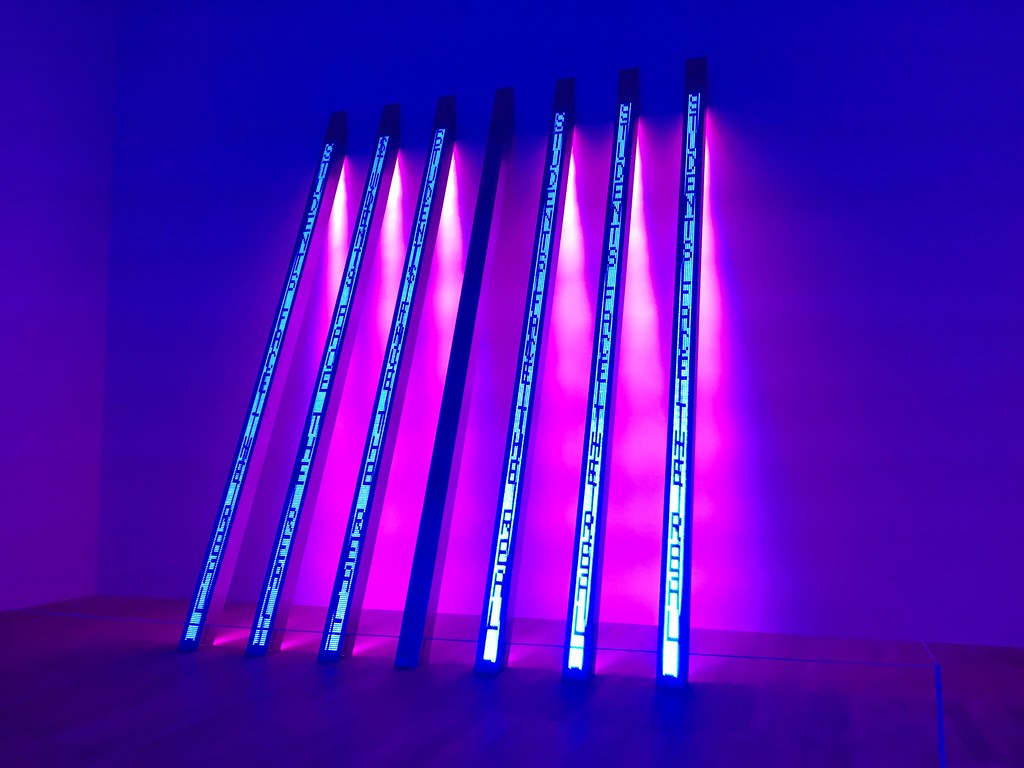w/e 29 July 2018
Welcome to another week.
Early in the week, The Monochrome Set’s Eine Symphonie des Grauens came up on shuffle and then stuck in my head for two or three days, including at least one dream. Give it a listen if you dare risk the same.
We went to see the Tower Theatre Company’s production of Wolf Hall this week, which was pretty good. There was something hard to define about some of the acting which made the amateur nature of the company clear, which sounds like a harsher criticism than I intend. I’ve seen much worse and I’m definitely not saying I could do better. It was fine. Anyone performing for nearly three hours in those costumes when it’s that temperature deserves their applause.
I often have my doubts about plays that are naturalistic, “people standing talking at each other”, as I think of them. Theatre requires a suspension of disbelief — “but they’re just people 20 feet away, dressed up!” — and that seems harder to manage when a production is trying to be “real”. In this case, they’re obviously not people in the 16th century royal court. Making such a production engaging enough for the audience (or this member of it, anyway) lose themselves, so they don’t notice where they are, seems a very difficult task.
Conversely, maybe it’s easier to suspend disbelief if the production is less realistic. If you’re aiming for realism that’s an almost impossible standard of perfection, one that’s hard to reach on a stage, when we’re so used to the illusions (and production values) of TV and film. So why aim for realism? The kind of work that, say, Complicité or Kneehigh do is the kind of thing that only works in person, on stage, rather than on film. It can’t fail at being realistic because it’s never trying to be realistic. Instead, the company can put all their energy into creating a world where different rules apply and that draws in the audience in a different way.
It’s probably harder to succeed at this latter approach without practise. You can’t pick up a script and find a director and cast some actors and learn lines and rehearse the scenes and put on the production… you have to create new images and rules and worlds, and find new things that work. It’s a different way of working, which is what we were doing at LISPA.
(Incidentally, it was ten years ago this week that I finished there. Blimey.)
I’m sure people have been saying this for decades (I may have even written the same myself years ago). But it sprang to mind again.
A few days ago I finished Graham Greene’s Brighton Rock (like there’s a different Brighton Rock?) which I enjoyed. I hadn’t read any Greene before and, like a philistine, I was pleased to discover that for a classic book from the olden days it was very readable. It’s nice to fill in a little gap. There are so many books that get referenced here and there that I know nothing about and these all feel like almost inexcusable gaps in my knowledge.
Also this week I rushed to see the Jenny Holzer “Artists Room” at Tate Modern because I like her work and mistakenly thought the little show finished at the end of this month. No, there’s another year to go. You should definitely go if you like phrases.

Matt Webb wrote A pre-history of weeknotes, plus why I write them and perhaps why you should too which is worth a read, and not just because he quotes me.
And that’s it. Have a good week, whatever happens.